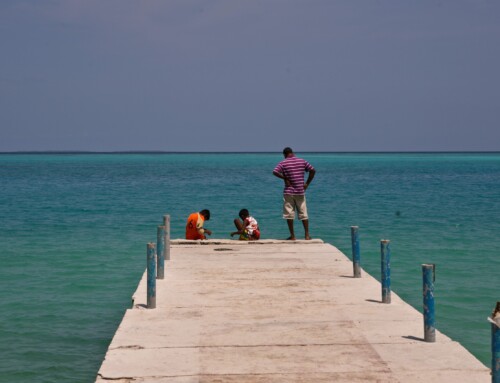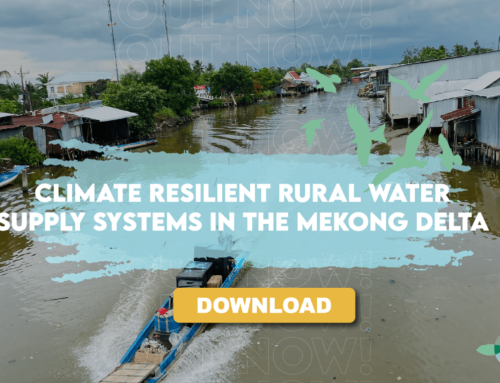Project Description
Donor / Partner: Asian Development Bank | Duration: 2013-2015 | Location: Bankok, Thailand During the last quarter of 2011, Thailand experienced its worst flooding since 1942. The flood affected almost 14 million people and was estimated to have resulted in damages of some THB 1.43 trillion (USD 46.5 billion).1 Loss and damage was concentrated on six industrial estates in Ayuthaya and Pathum Thani accounting for some 70% of the national total damage and loss. Manufacturing activity covering thousands of enterprises was especially impacted, and many Thai and foreign-owned companies employing ‘just-in-time’ inventory management practices found national and global supply chains severely disrupted for several months. Urban areas around Bangkok suffered particularly, with poor groups employed in labour-intensive activities most affected. Tree crop farmers and casual labourers in agriculture were also severely affected. The objective of the project is to improve water resources management in Thailand through the design and implementation of improved decision making processes for integrated water resources, flood and drought management. This is to ensure that, as government agencies move through the decision making system, proposed plans and projects are consistent with the principles and context of the integrated water resources and flood management approach and plans. At the national level, the TA will develop guidelines for good practice in water management. These will be based on promoting Integrated Water Resources Management (IWRM) principles. A set of planning and implementation guidelines will be developed together with a framework for assessing, monitoring, and evaluating water and flood management projects in the context of Thailand’s national water resources management strategies. In addition to activities at the national level, the TA will use the Yom River basin as a case study to develop improved basin-level participation processes in water management and strengthen local capacity with integrated water resource management. This TA will review water management options for the Yom River basin and strengthen the participation process for stakeholders to ensure future plans are made with knowledgeable community input, local support and are consistent with broader IWRM principles and social and environmental safeguards. To facilitate this process, a basin model will be developed which can be used to look at individual and cumulative effects of management options and projects in the basin Main objectives:Strengthening Integrated Water and Flood Management Implementation





